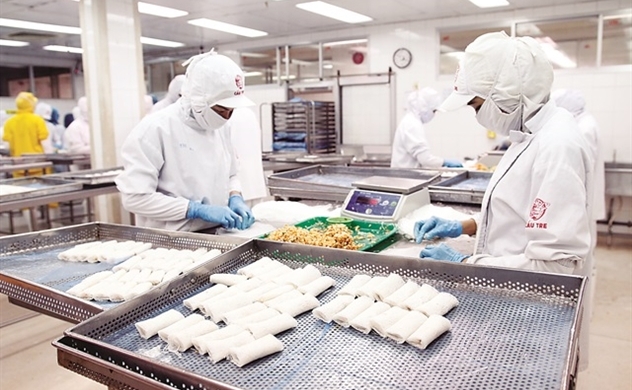Winners and losers of inflation
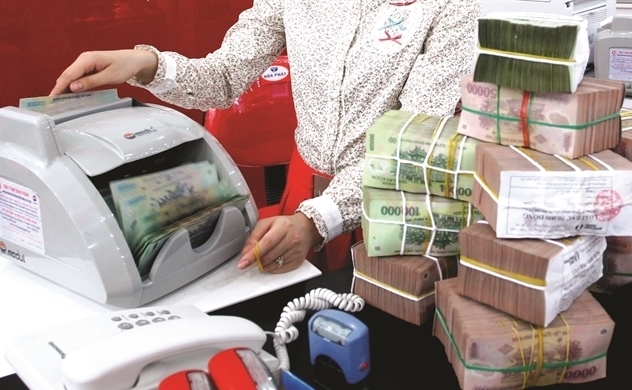
Exchange rates are tending to be detrimental to inflation control. Photo: Quy Hoa
Housewives in Saigon whispered to each other as they went into a market: "A hundred thousand Vietnam dong used to be enough for a meal, but now they can't buy anything. When the costs of food, groceries, market goods, and other necessities go up, inflation affects almost every family.
The "era" of the super-rich
August's consumer price index rose by 0.8%, according to the General Statistics Office. Compared to December 2022, the inflation rate went up by 2.02%, and it went up by 2.96% compared to the same time last year. The main reason is that oil and rice prices in the U.S. went up.
And perhaps the most common complaint about inflation is that it makes people poorer since more money can buy fewer goods. However, not everyone becomes poor because of inflation. In one sense, inflation has helped some people.
The highest inflation level in decades has affected the economy, especially in the US and Europe. However, the world's super-rich witnessed a sudden increase in net worth.
According to an Oxfam report published in early 2023, since 2020, the 1% richest group has held nearly two-thirds of global new assets, worth $42 trillion. Over the past 10 years, the 1% population has acquired about half of all new wealth.
"While ordinary people struggle to cut spending even on essential items like food, the super-rich have surpassed their dreams," said Ms. Gabriela Bucher, Executive Director of Oxfam International.
The period 2021–2022 is also the time when the assets of the richest billionaires on the Vietnamese stock exchange increased significantly. According to Forbes, at the end of 2021, the asset value of the six richest billionaires on the Vietnamese stock exchange reached $19.6 billion, an increase of $3.5 billion compared to the end of 2020.
Strong growth in the stock market has made them richer, with many records being set. After a "record" year, the VN-Index closed at more than 1,498 points, an increase of 35.8% compared to the end of 2020. In the context of positive market developments, the net asset value of the billionaires also underwent significant changes.
Who fears inflation?
However, Professor of Economics at New York University Edward N. Wolff pointed out that inflation has a downside for the super-rich when compared to the middle class. Unlike many feared, inflation has even helped mitigate the overall rise in wealth inequality.
In principle, economic transactions such as long-term loans or forward contracts connect economic organizations. If the real inflation rate is higher than projected, the borrower will profit at the expense of the lender. If the inflation rate is lower than projected, the lender would profit from the borrower's loss when they have to return the loan with a larger value than planned.
According to the book Essentials of Economics by authors Paul Krugman and Robin Wells, house mortgage loans are a source of profit and loss in modern American society. from the most significant inflation. Americans who took out house loans in the early 1970s saw their real payments fall rapidly due to higher-than-expected inflation.
In fact, moderate inflation will stimulate people and businesses to increase production and investment to compensate for the devaluation of the currency. However, inflation has a negative effect on the economy. It devalues currency, increases prices of goods and services, reduces people's purchasing power, disrupts business and investment plans, and creates instability in the business environment.
When inflation becomes too high, central banks will interfere in the economy to reduce inflation rates. The most conspicuous is the US Federal Reserve's (FED) decision to raise interest rates ten times in a row starting in March 2022 to combat inflation, increasing the country's interest rate level to around 5-5.25%.
In Vietnam, weak aggregate demand, slow growth in money supply, high-interest rates, stable exchange rates, and difficulty in increasing oil prices due to the world economic recession are important factors in curbing inflation in the last six months of the year. Mr. Nguyen Thanh Trung, CFA, Head of Investment Consulting Department, Thanh Cong Securities Company (TCSC), noticed that investors around the world as well as in Vietnam have reduced their attention to the issue of inflation.
"We estimate that by the end of the year, inflation will likely return when the index representing the world's goods, the Commodity Index, peaks in July 2022, gradually decreasing at the end of 2022 and the beginning of the year. 2023 and has recently been trending upward. This is a risk because when inflation continues to return, the FED's monetary policy cannot be reduced immediately," Trung said.
Commodity prices are showing signs of increasing again, and combined with the core CPI being difficult to reduce, inflation in the US is also a worry for the market in the near future, he said.
Same category news
-
Huyen Hoang
-
Arthur Do và Nick Wood
Latest news
-
Huyen Hoang

 TIẾNG VIỆT
TIẾNG VIỆT 

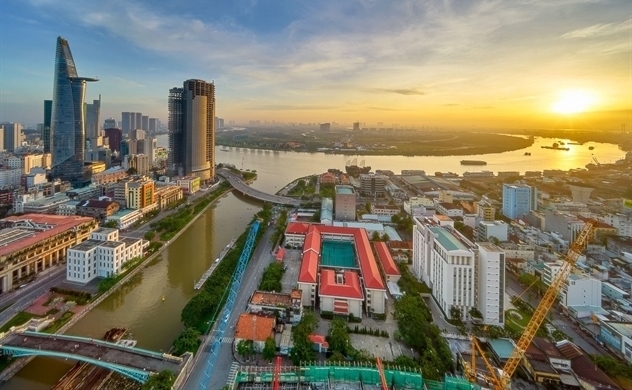
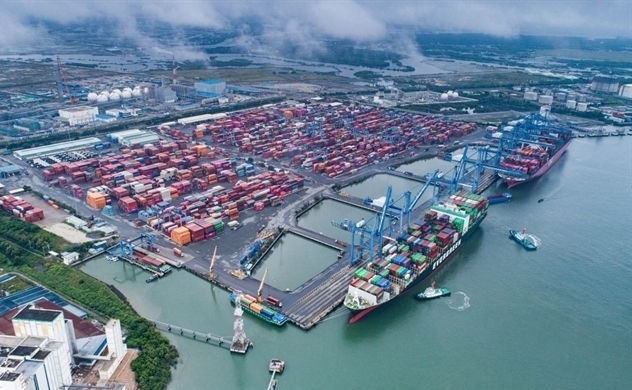
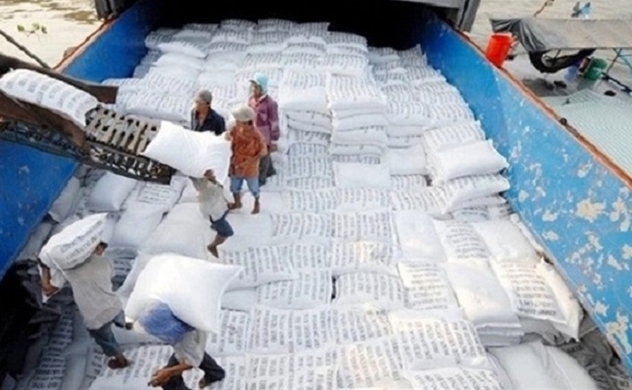
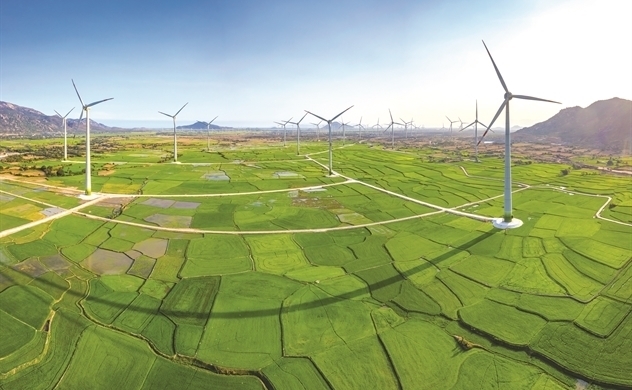

_291615658.jpg)

